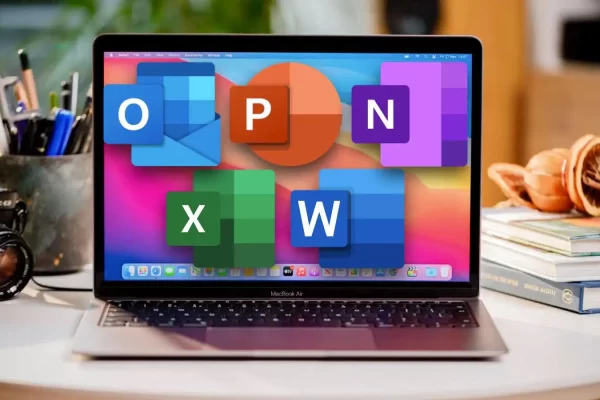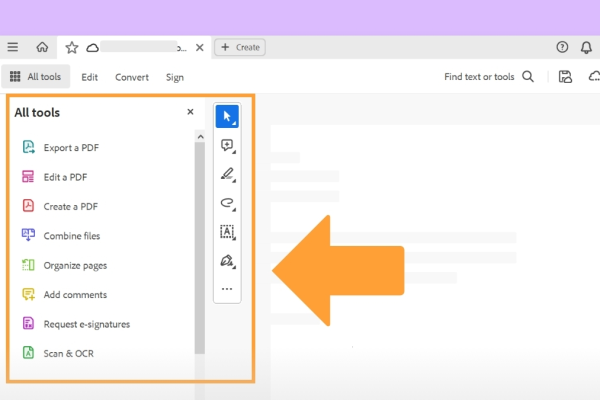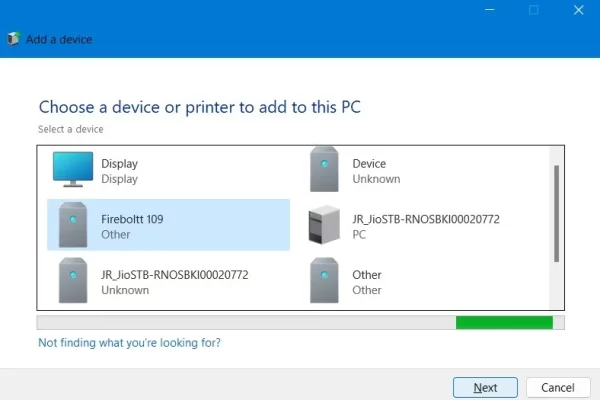If you’re planning to take the International Baccalaureate (IB) Chemistry SL course, there are a few things you should know before diving in. This course can be challenging, but with the right preparation and mindset, you can excel and come out on top. In this article, we’ll discuss everything you need to know before starting IB Chemistry SL, from course overviews to study strategies, assessment, and grading. Let’s dive in.
Course Overview
First, let’s discuss what the IB Chemistry SL course is all about. This course is designed to provide students with a solid foundation in chemistry, covering topics such as atomic theory, bonding, stoichiometry, thermodynamics, acids and bases, and much more. By the end of the course, students should have a deep understanding of chemistry concepts and be able to apply them in real-world situations.
The IB Chemistry SL course is intended for students who are interested in pursuing science, engineering, or healthcare fields in college. However, even if you’re not planning to major in a science-related field, taking IB Chemistry SL can still be a valuable experience. It can help you develop critical thinking skills, problem-solving skills, and an understanding of how the world works at a molecular level.
Pre-requisites
To succeed in IB Chemistry SL, you’ll need to have a strong foundation in science and math. Before starting the course, it’s recommended that you’ve taken a high school chemistry course and have a solid understanding of algebra, geometry, and trigonometry. Without these pre-requisites, you may struggle to keep up with the pace of the course and understand the complex concepts.
If you don’t meet the pre-requisites for IB Chemistry SL, don’t worry. There are still things you can do to prepare yourself for the course. You can take an online chemistry course or read a chemistry textbook to familiarize yourself with the concepts. You can also work on improving your math skills by practicing problems and working through equations.
Study Strategies
One of the most important factors in succeeding in IB Chemistry SL is having effective study strategies. Here are a few tips to help you get started:
- Stay organized: IB Chemistry SL involves a lot of information, so it’s important to stay organized. Keep track of your notes, assignments, and tests in a notebook or planner.
- Practice problems: Chemistry is all about problem-solving. To get better at it, you need to practice problems. Work through equations and practice questions in your textbook or online.
- Get help when you need it: Don’t be afraid to ask for help when you’re struggling. Talk to your teacher, a tutor, or a study group. The more you practice, the better you’ll get.
- Stay engaged: Chemistry can be a challenging subject, but it’s also fascinating. Try to stay engaged by finding real-world applications of the concepts you’re learning.
Assessment and Grading
Assessment and grading are a critical part of the IB Chemistry SL course. The course is assessed through a variety of methods, including exams, lab reports, and projects. Here’s how the grading system works:
- Exams: IB Chemistry SL has two exams: a paper 1 and a paper 2. Paper 1 covers multiple-choice questions, and paper 2 covers short-answer questions.
- Internal assessments: IB Chemistry SL also requires internal assessments, which are projects or experiments that you complete in class. These assessments are graded by your teacher and then moderated by the IB.
- External assessments: Finally, there’s the external assessment, which is a practical exam that you complete in a lab. This exam is graded by the IB.
Grades in IB Chemistry SL are calculated based on a point system, with a total of 45 points available. The exam is worth 80% of your total score, and internal assessments are worth the remaining 20%. Your final grade is then converted to a scale of 1-7, with 7 being the highest score.
To maximize your grades in IB Chemistry SL, it’s important to stay on top of assignments, study effectively, and ask for help when you need it. Make sure to review the course material regularly and practice problems to reinforce your understanding of the concepts.
Resources
There are a variety of resources available to students taking IB Chemistry SL, including textbooks, online resources, and other materials. Here are a few resources you may find helpful:
- Textbooks: Your school may provide a textbook for IB Chemistry SL. If not, you can purchase one online or borrow one from a library. A good textbook can help you understand the course material and provide practice problems.
- Online resources: There are many online resources available for IB Chemistry SL, including websites, videos, and interactive simulations. Some popular websites include Khan Academy, Chemguide, and the IB Chemistry Web.
- Other materials: Your teacher may provide additional materials, such as study guides or practice exams. You can also look for chemistry-related books or documentaries to supplement your learning.
Make sure to take advantage of the resources available to you. They can help you better understand the course material and prepare for exams.
In conclusion, IB Chemistry SL is a challenging course that requires preparation, effort, and effective study strategies. Before starting the course, make sure you meet the pre-requisites and have a solid foundation in science and math. Develop effective study strategies, stay organized, and take advantage of the resources available to you.
Assessment and grading are an important part of the course, so make sure to stay on top of assignments and practice problems to maximize your grades. Remember to ask for help when you need it and stay engaged by finding real-world applications of the concepts you’re learning.
By following these tips and staying focused, you can succeed in IB Chemistry SL and develop a deep understanding of chemistry concepts that will serve you well in college and beyond.





